✒ Great Wine Education Courses Pt 2
with Charlie Leary
Charlie Leary, author of the highly acclaimed Leary’s Global Wineology, looks at free online wine courses available to wine lovers in the second of our series on Great Wine Education.
Learning about wine doesn’t have to be expensive, except possibly purchasing the necessary wine for tasting, which bring lots of added benefits. As Alexis Lichine said: “The best way to learn about wine is in the drinking.” My guide to wine education programs covers the numerous scholarship and mentorship programs available (like Jane Anson’s Bordeaux Mentor Week) and the numerous online wine courses offering free or inexpensive options. These cover everything from a comprehensive introduction to wine to in-depth regional focus on particular appellations or countries. In fact, by combining courses, you can even construct your own curriculum to gain an in-depth understanding of wine, and all at your own pace.
In my book there are suggestions for course combinations that delve into California, Spanish, Portuguese, and French wines. The online option perfectly suits beginners, but can also help those who already know about wine to explore new regions. The majority of online courses are completely free, although some charge a fee in you require a certificate. New ones pop up all the time: Wines of South Africa just added a Level 2 class. Some courses require admission (usually requiring some connection to the trade or wine service).
My selection criterion include that the online course not just be a series of videos on YouTube, that it require registration, involve quizzes or exams, and that you receive a certificate at the end.
Below are two of my favorites, with no admission requirements. There are plenty more and you will find more detail on other options in Leary’s Global Wineology.
World of Wine from Grape to Glass, University of Adelaide and ED/X: This course provides an excellent introduction to wine, including viticulture, winemaking, and wine appreciation with diverse instructors and guest lecturers. The learning objectives include the ability to evaluate and communicate the various sensory attributes of wine using formal descriptive language; explain the structure, growth and development of grapevines and objectives of different vineyard management practices; and contrast the different winemaking techniques employed in the production of different styles of wine. This course has been around for a while now; I took it in 2016, and I wish Adelaide would invest in an update. Nevertheless, it’s chocked full of knowledge. I recently went back over many of the classes, and learned (or refreshed my memory on) detailed insights about how wine is made today.
School of Port Essentials and Masters Video Courses from Symington Family Estates: These two entertaining courses on Port are filled with high-quality video content and detailed explanations by experts. The Essentials course introduces the terroir as well as distinct production techniques for different Port wines; it’s an entry level class, but superb for those just starting to learn about this fortified wine and its versatility. The Masters Course uses informative interviews and still more video footage, so you really come to understand the Douro region. It provides specialist-level knowledge of Port production, regulation, ageing, barrel use, and wine styles. Symington should be applauded for developing these free classes.
So, dive in! You can register anytime and either take a leisurely pace or attack the material in a few sittings, on your laptop or your smartphone. To find out about the many other wine courses available you can buy my book which list all the options available in wine education worldwide.
RELATED POSTS
Keep up with our adventures in wine
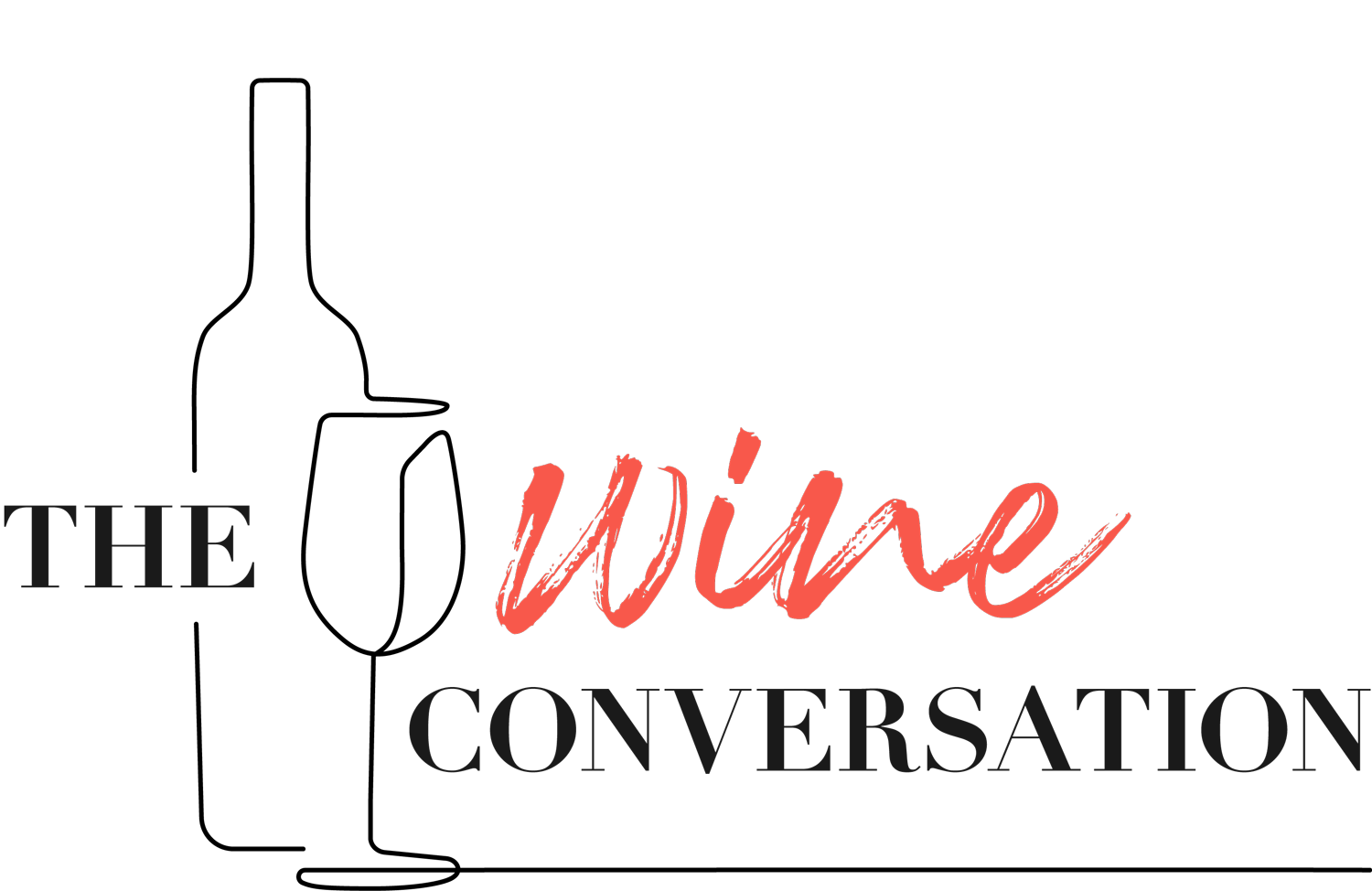


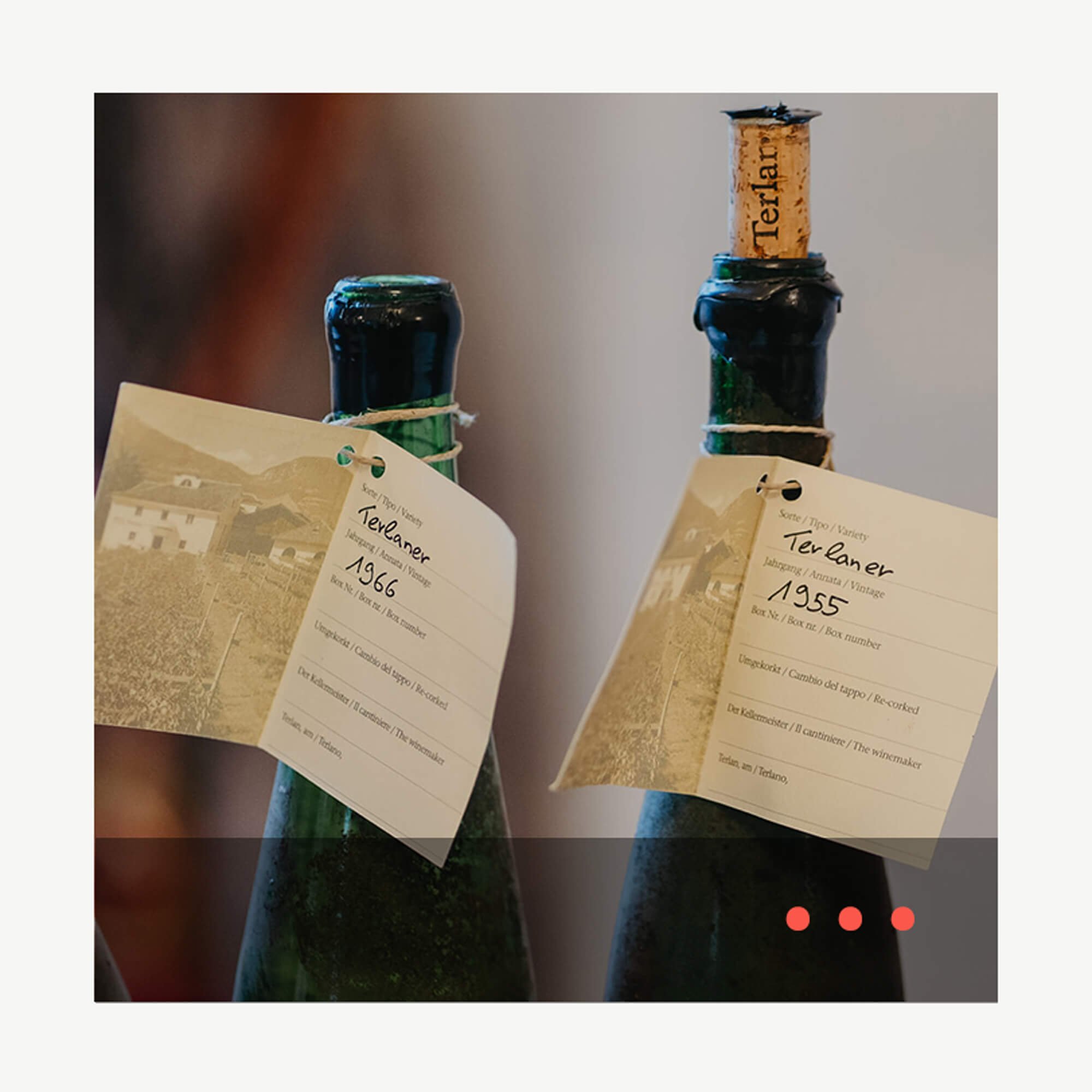
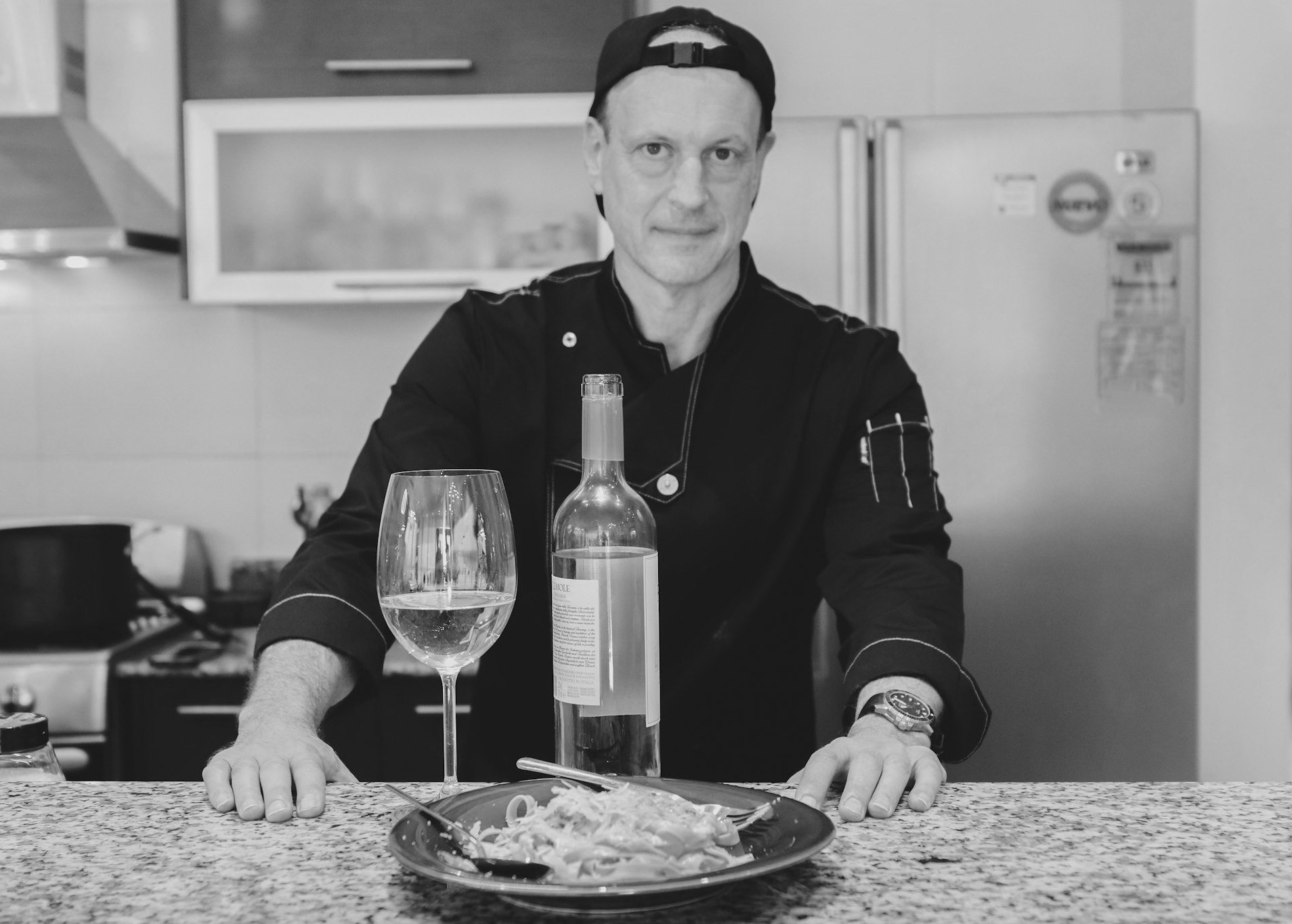
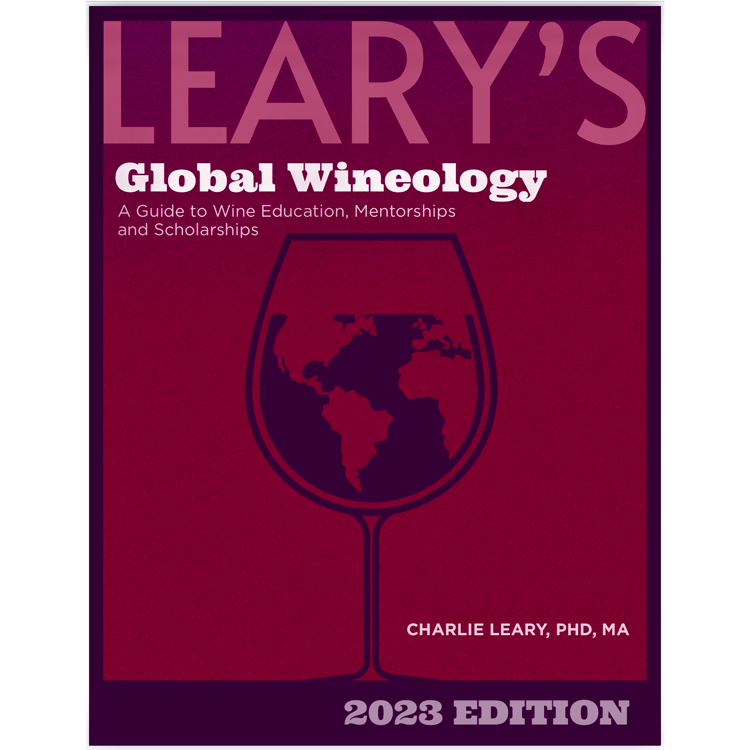
John Stimpfig tastes the latest releases from the world-famous Biondi Santi estate.